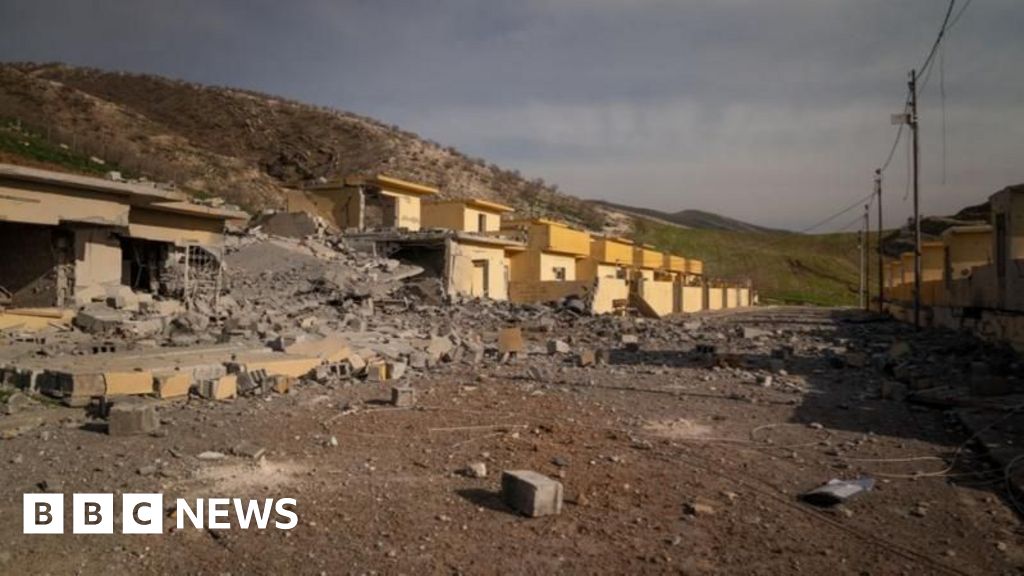
Deputy police minister Polly Boshielo before the Ad Hoc Committee on Tuesday.
- Deputy Police Minister Polly Boshielo says Senzo Mchunu acted alone in ordering the disbandment of the Political Killings Task Team.
- Boshielo told Parliament the suspended police minister bypassed protocol and ignored the interministerial committee’s role in the unit’s creation.
- Her testimony deepens the scrutiny on Mchunu’s conduct as MPs probe allegations of criminal interference in police operations.
When suspended police minister Senzo Mchunu acted alone in issuing a directive to disband the Political Killings Task Team (PKTT), he “departed” from established protocol for dealing with a structure born out of an interministerial committee (IMC).
This is according to Deputy Police Minister Polly Boshielo, who on Tuesday testified before the parliamentary ad hoc committee established to investigate allegations of criminal infiltration of the SA Police Service (SAPS).
According to Boshielo, Mchunu should have consulted before making such a major decision.
“I am of the view that the minister of police, acting alone, departed from the expected/established protocol for dealing with a structure created by an IMC. The standard procedure would have been for the minister and the national commissioner to prepare a joint report for the IMC, with a recommendation to disbandment, providing their reasons,” she said.
READ | Mchunu’s PKTT directive created ‘institutional uncertainty’ after failing to consult
At his testimony before the committee, Boshielo’s colleague, second Deputy Minister of Police Cassel Mathale, also alluded to Mchunu acting outside of the established protocols.
Mathale told the committee that Mchunu’s directive placed the SAPS leadership in a position of institutional uncertainty.
But Boshielo told the committee the roles of Mchunu and National Police Commissioner Fannie Masemola are not mutually exclusive.
“The executing authority should work together with the accounting officer, and I am of the view that they should consult each other and should consult each other from time to time. That is the route that I would have embarked on in relation to the disbandment of the PKTT.
In essence, my view is that a consultative process would have provided comprehensive grounds on which the minister could confirm his disbandment decision.
“The instruction to immediately disband the PKTT posed serious risks of impossibility of implementation. The report on which a disbandment decision could be taken would have possibly contained the status of investigations and operations, the impact of disbandment on these operations and the general assessment of whether the PKTT [was] still serving its purpose,” she said.
READ | CCTV footage shows how Sibiya’s subordinate visited Molefe – and left with white paper bag
Boshielo said she believed there were provisions of the Constitution that provided a context in terms of which a legal opinion on whether unlawful interference had occurred.
“In terms of the PFMA and the SAPS Act, the minister is the executive authority, and the national commissioner is the accounting officer. This, according to my understanding, means that the national commissioner deals with the administrative functions and the minister deals with the executive functions, such as strategic plans, attending Cabinet, reporting to the portfolio committees and attending and/or facilitating interaction with different stakeholders,” she said.
Hearings continue on Wednesday.
 (1).png)
 3 months ago
19
3 months ago
19

















